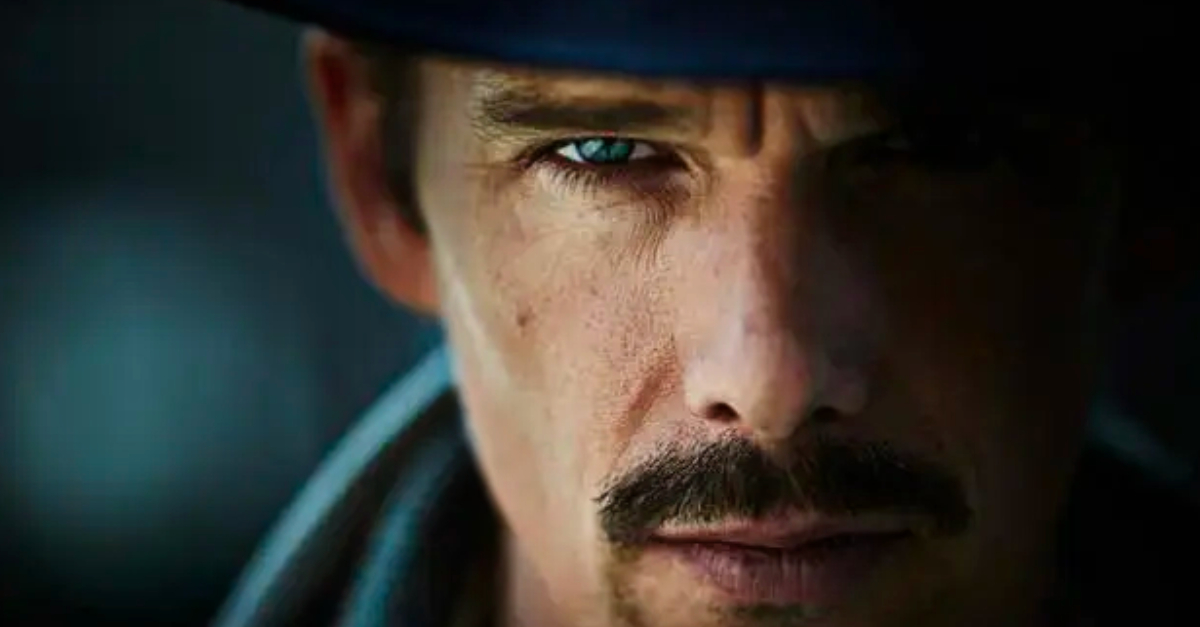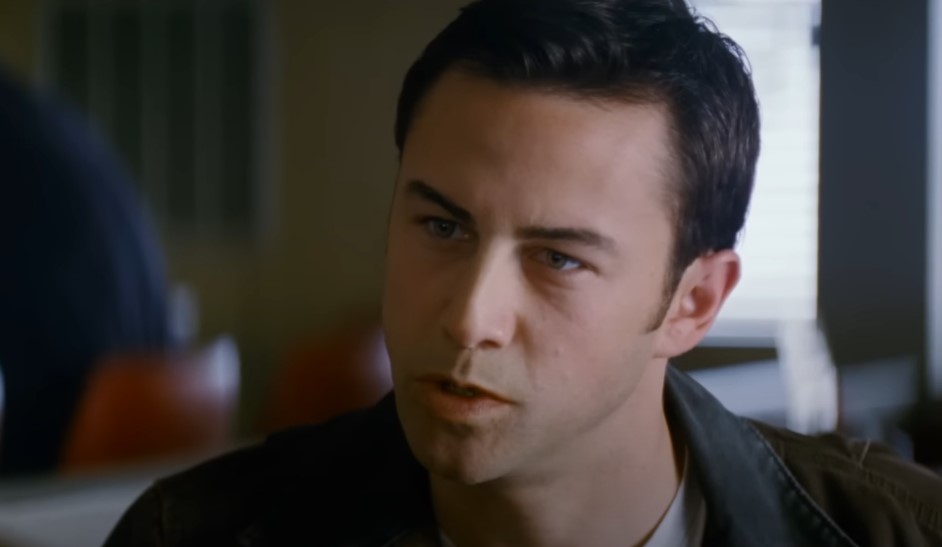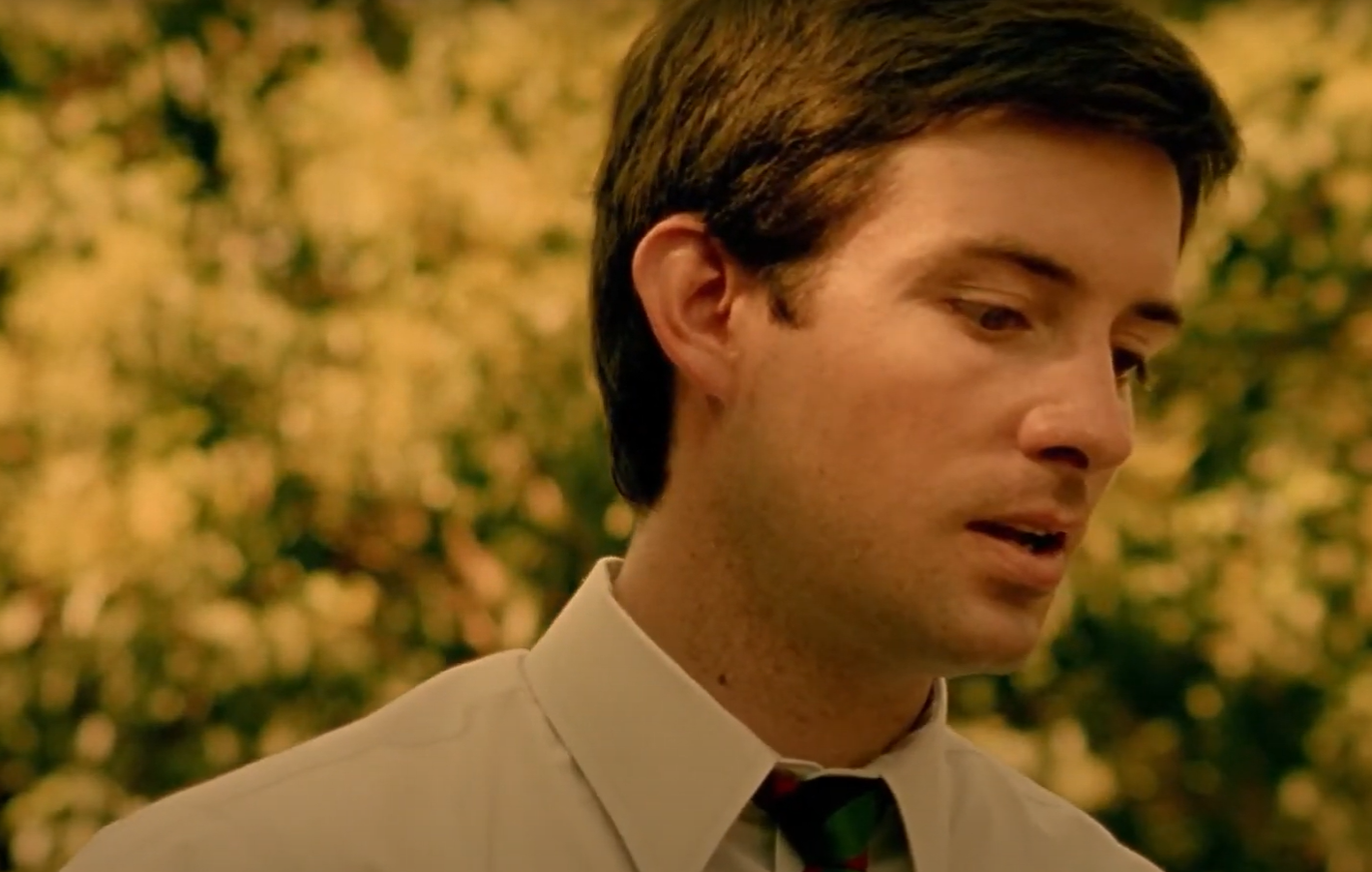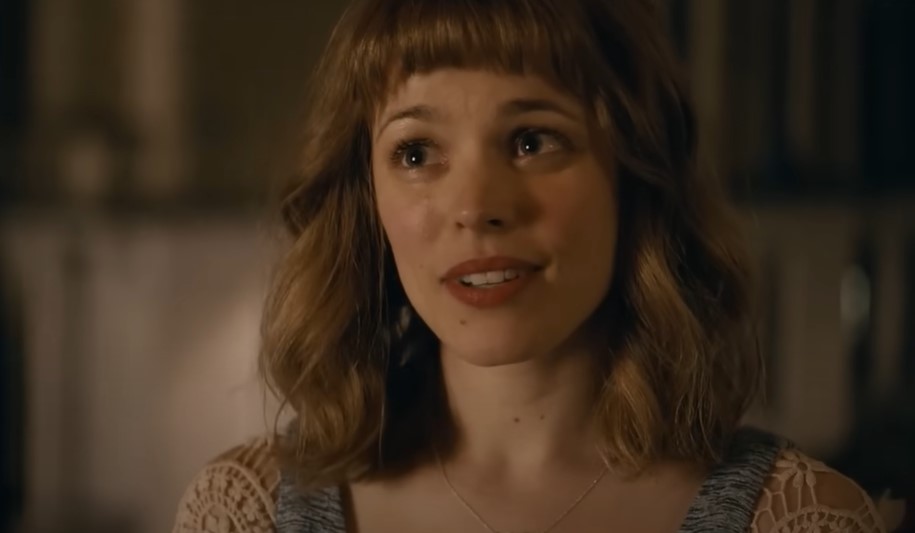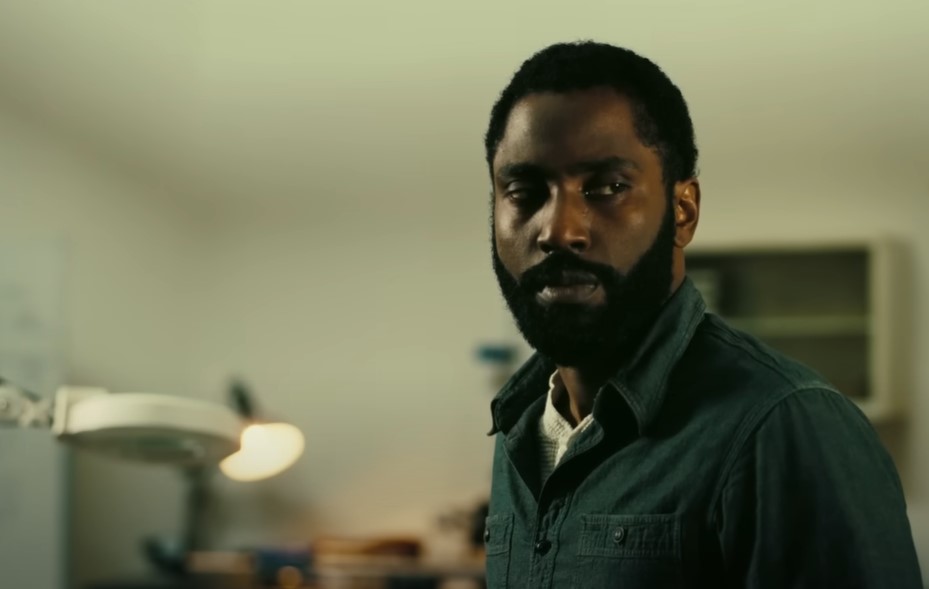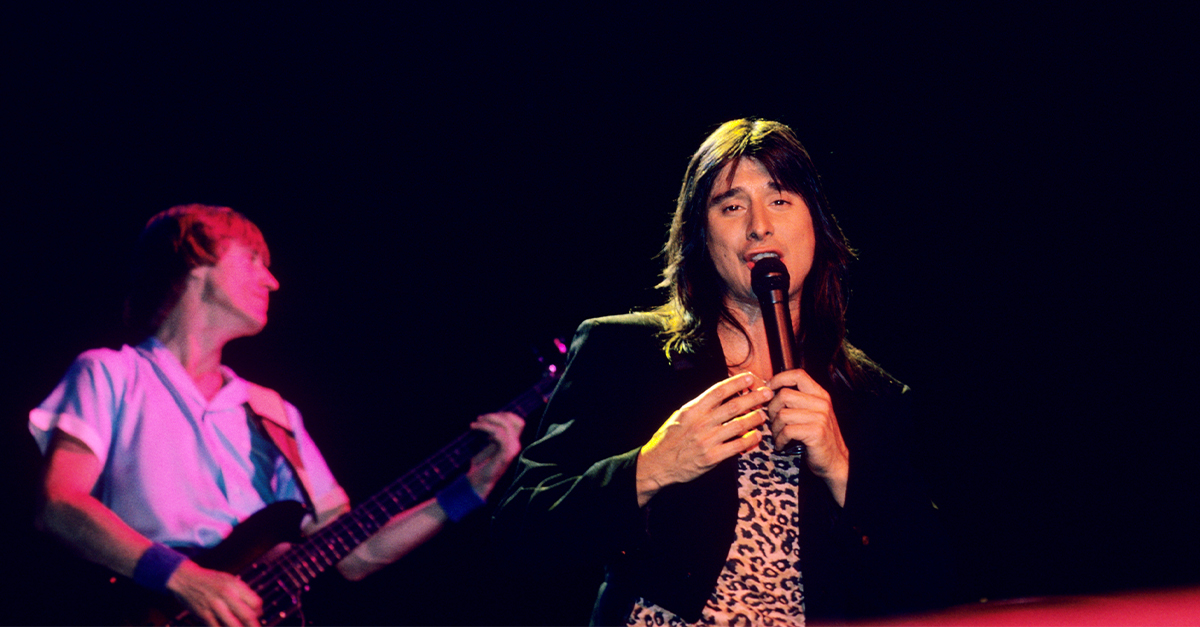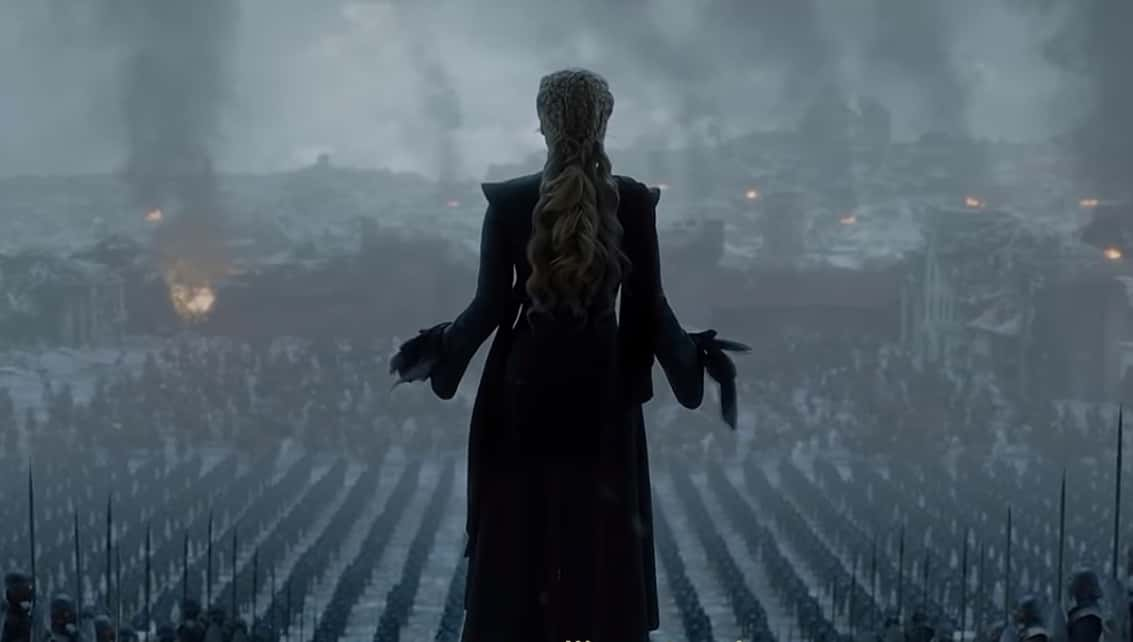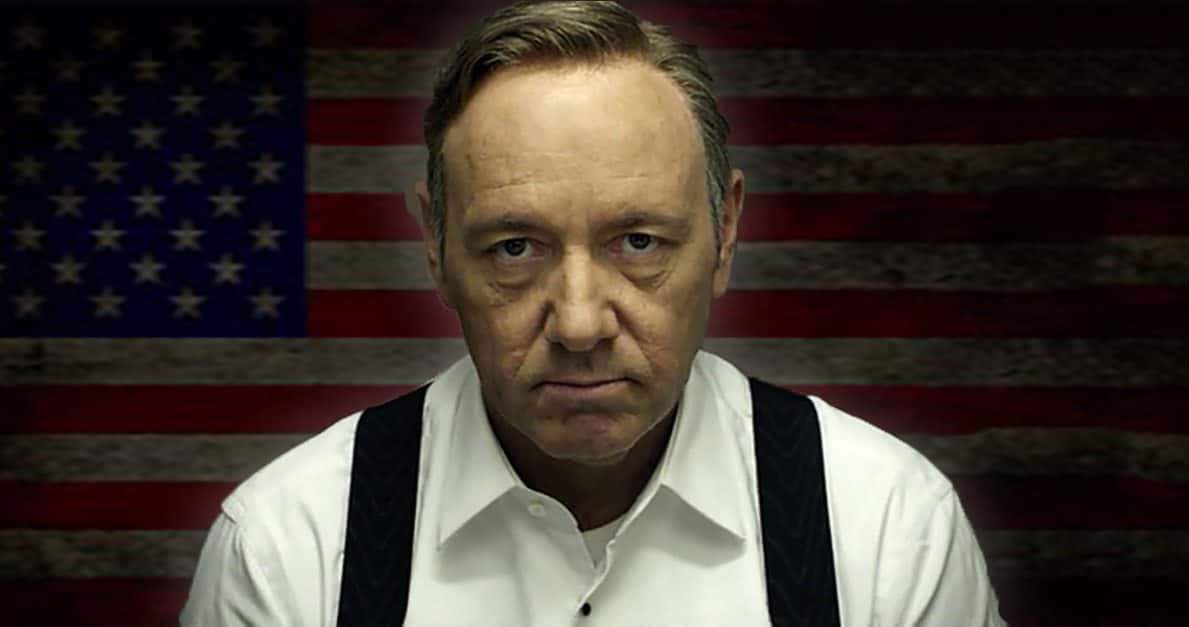Paradox and Chill
Time travel movies can be a paradoxical playground. When they’re good, they twist your brain in the best way possible. When they’re bad, well, they can still be kinda fun.
So while we are going to focus on the smartest, sharpest time travel stories that actually hold together—we also wanted to mention a few that happily throw logic out the window (and we didn't mind).
Grab your flux capacitor and let’s go...
"Back to the Future" (1985)
The gold standard of time travel films, Back to the Future balances comedy, adventure, and surprisingly tight logic. Cause-and-effect is clear—when Marty meddles with the past, his own future changes. It’s clever without overcomplicating things, making it a time travel classic that’s just as watchable today as in 1985.
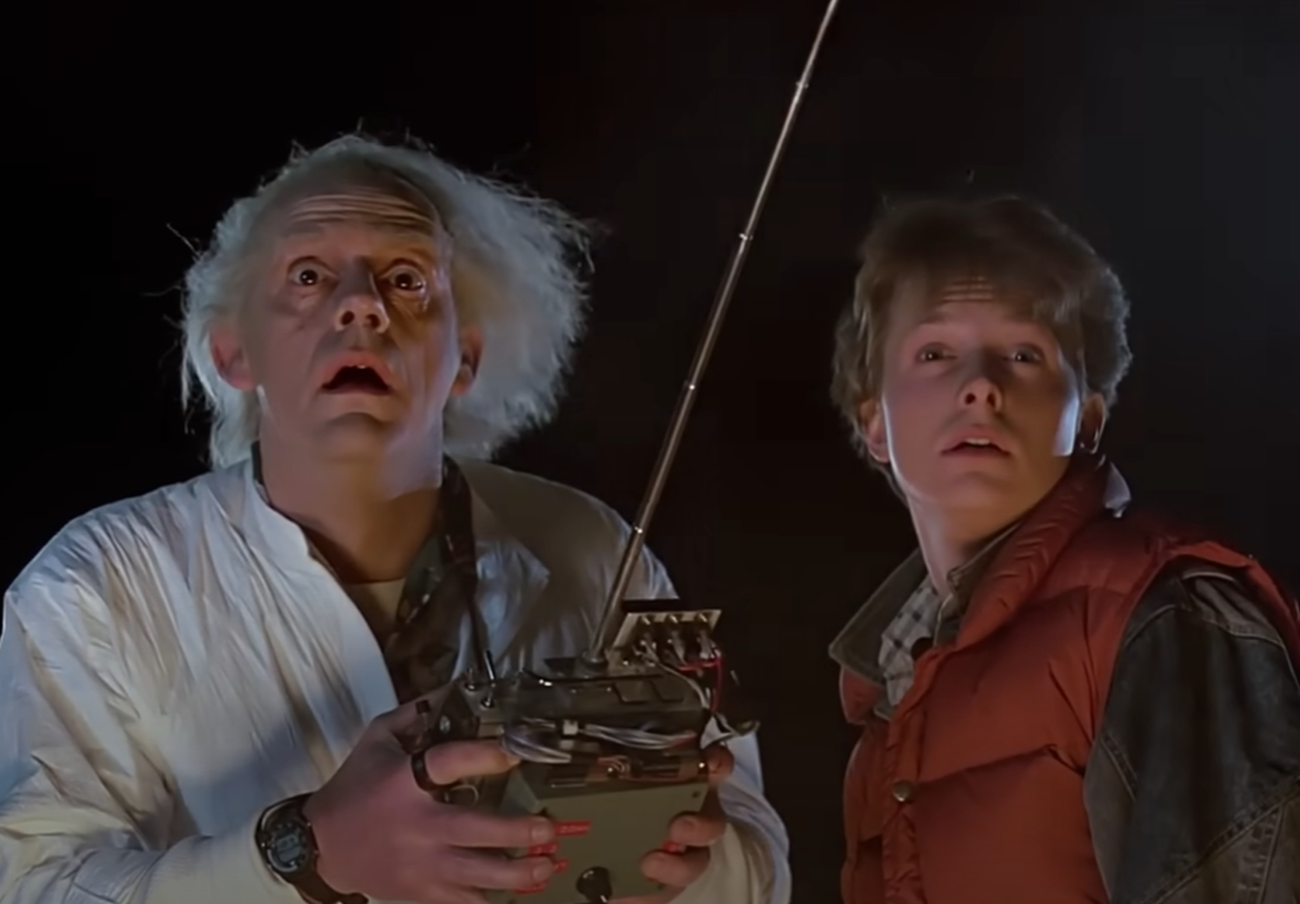 Universal Pictures, Back to the Future (1985)
Universal Pictures, Back to the Future (1985)
"Back to the Future Part II" (1989)
The sequel leans harder into paradoxes, but it still tracks. Alternate timelines, future hoverboards, and Biff with a sports almanac—this is time travel chaos done right. Every choice has ripple effects, and the rules stay consistent enough that the audience can follow along without pulling out a chalkboard.
 Universal Pictures, Back to the Future II (1989)
Universal Pictures, Back to the Future II (1989)
"Edge of Tomorrow" (2014)
Think Groundhog Day meets Saving Private Ryan. Tom Cruise dies, resets, and learns each time, slowly becoming Earth’s best hope against aliens. The loop is clear, the logic holds, and the action keeps the repetition fresh. It’s one of the most purely entertaining time travel movies ever made.
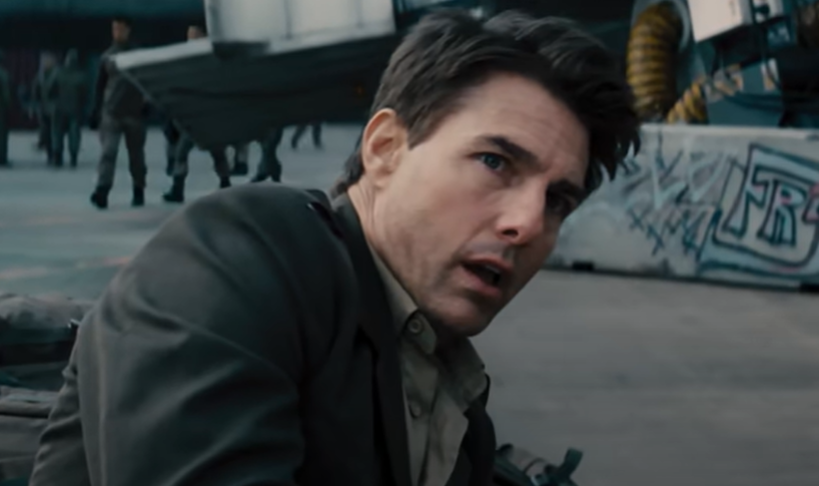 Warner Bros., Edge of Tomorrow (2014)
Warner Bros., Edge of Tomorrow (2014)
"The Terminator" (1984)
James Cameron’s The Terminator is a tight, terrifying loop. The idea that Kyle Reese is John Connor’s father creates a predestination paradox that still works on rewatch. Add in unstoppable action and a great performance by Arnold Schwarzenegger, and it’s no wonder the movie became a sci-fi landmark.
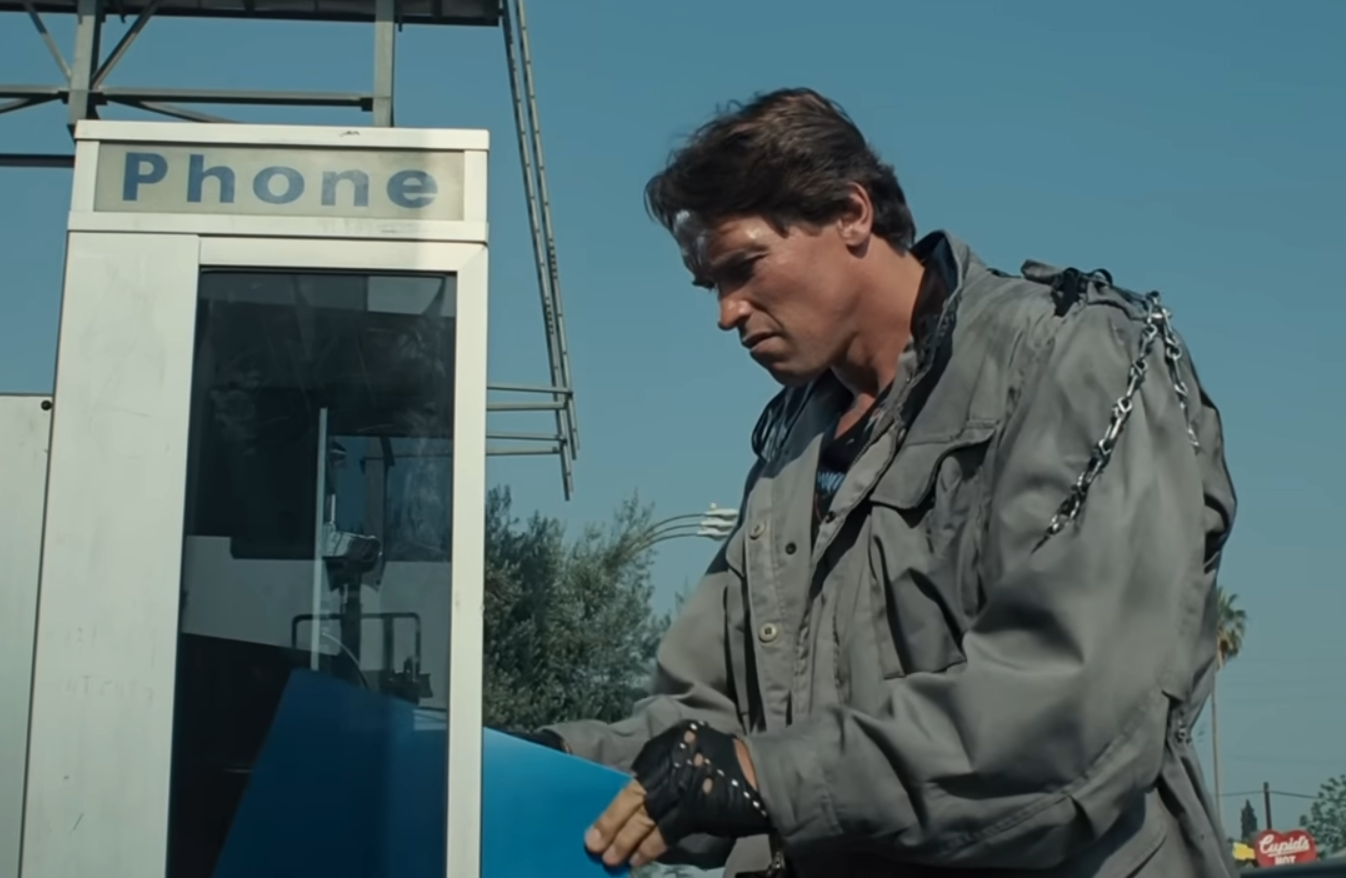 Cinema '84, The Terminator (1984)
Cinema '84, The Terminator (1984)
"Terminator 2: Judgment Day" (1991)
If the first film was a neat paradox, T2 is a meditation on changing the future. The Skynet timeline bends but doesn’t break, raising the eternal question: can fate be rewritten? With groundbreaking effects and emotional depth, it’s often called one of the best sequels ever made—and with good reason.
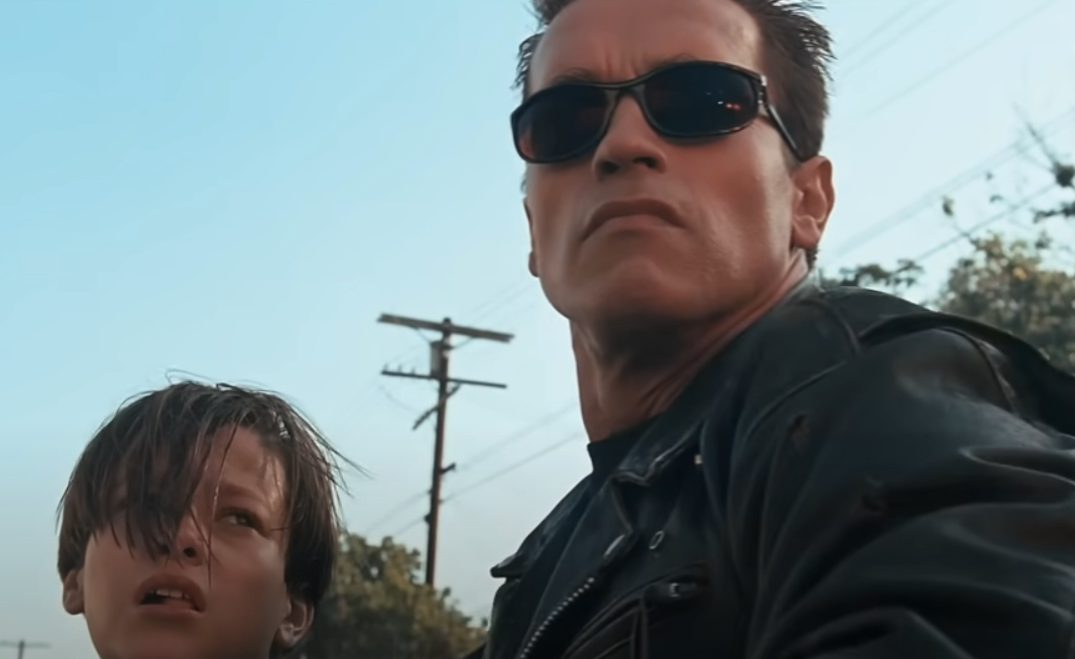 Carolco Pictures, Terminator 2: Judgment Day (1991)
Carolco Pictures, Terminator 2: Judgment Day (1991)
"Palm Springs" (2020)
Andy Samberg’s time-loop rom-com is both hilarious and heartfelt. Stuck in the same wedding day, the setup is a little absurd, but the characters learn, grow, and adapt in surprisingly believable ways, within that setup. Proof that the time-loop subgenre still has fresh tricks up its loopy sleeve.
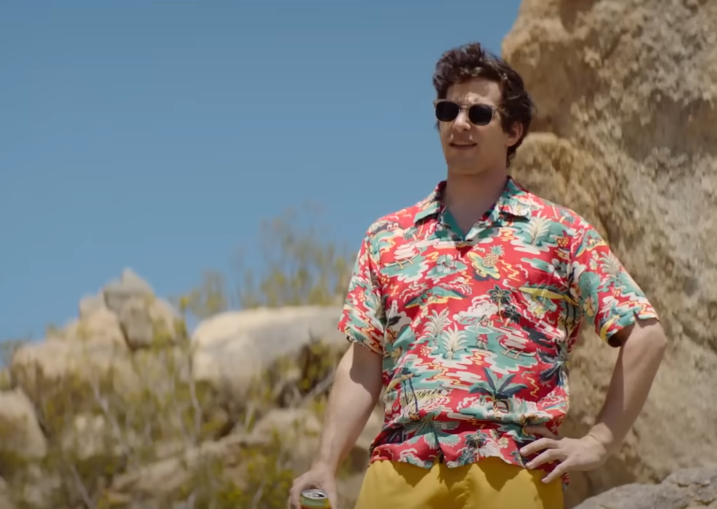 Limelight, Palm Springs (2020)
Limelight, Palm Springs (2020)
"Interstellar" (2014)
While primarily about space exploration, Interstellar includes a mind-bending time-travel sequence in the tesseract. It plays fair with relativity and uses science as its backbone, even if it’s dramatized for cinema. A blockbuster with brains.
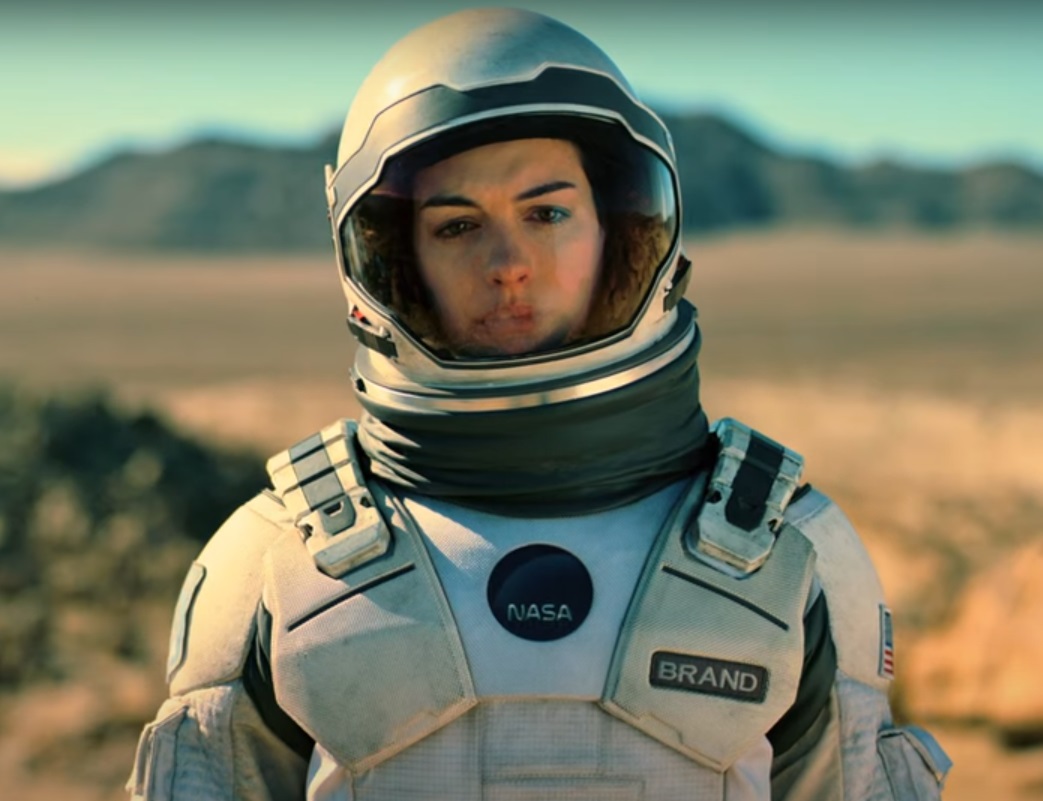 Paramount, Interstellar (2014)
Paramount, Interstellar (2014)
"12 Monkeys" (1995)
Terry Gilliam’s 12 Monkeys is deliberately mind-bending, but it all adds up. Bruce Willis’s character is caught in a closed time loop, doomed to witness the same events without ever escaping them. It’s bleak, brilliant, and one of the best examples of a film that sticks to its own rules.
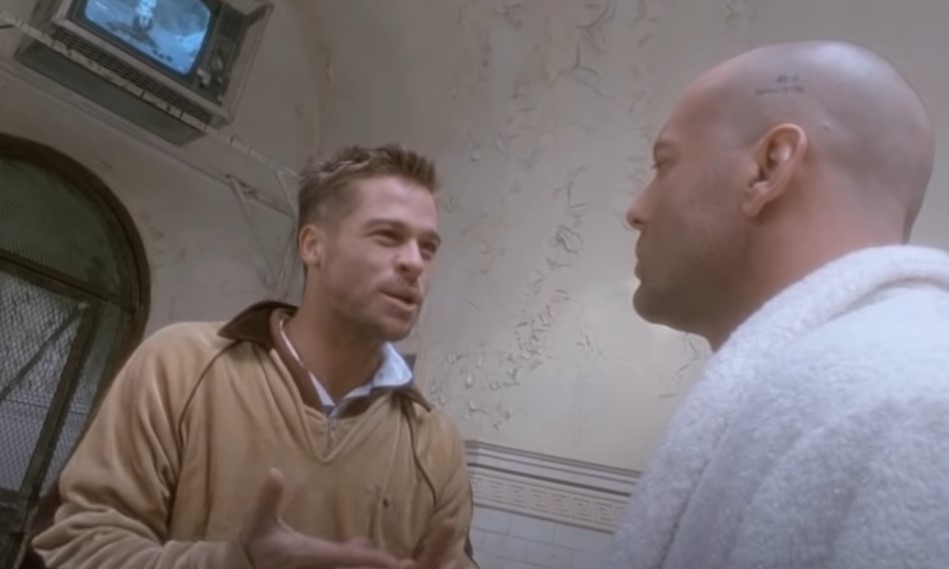 Universal Pictures, 12 Monkeys (1995)
Universal Pictures, 12 Monkeys (1995)
"Predestination" (2014)
Based on Robert Heinlein’s story, this film takes paradoxes to the extreme. Without spoiling too much, it involves identity twists that redefine the term “self-fulfilling prophecy.” It’s one of those rare time travel movies where the more you think about it, the more it impresses—though it may leave your head spinning.
 Screen Australia, Predestination (2014)
Screen Australia, Predestination (2014)
"Looper" (2012)
Rian Johnson’s Looper cleverly sidesteps nitpicking by admitting its contradictions outright. Bruce Willis even tells his younger self not to worry about the details. The result is a gritty crime drama with time travel at its core, and while the mechanics aren’t airtight, the storytelling is so good you don’t care.
"Timecrimes" (2007)
This Spanish thriller is a hidden gem. A man accidentally gets caught in a loop that spirals out of control, and every action he takes to fix things only makes them worse. Tightly plotted and darkly funny, it’s proof that a small, low-budget film can nail the time travel genre.
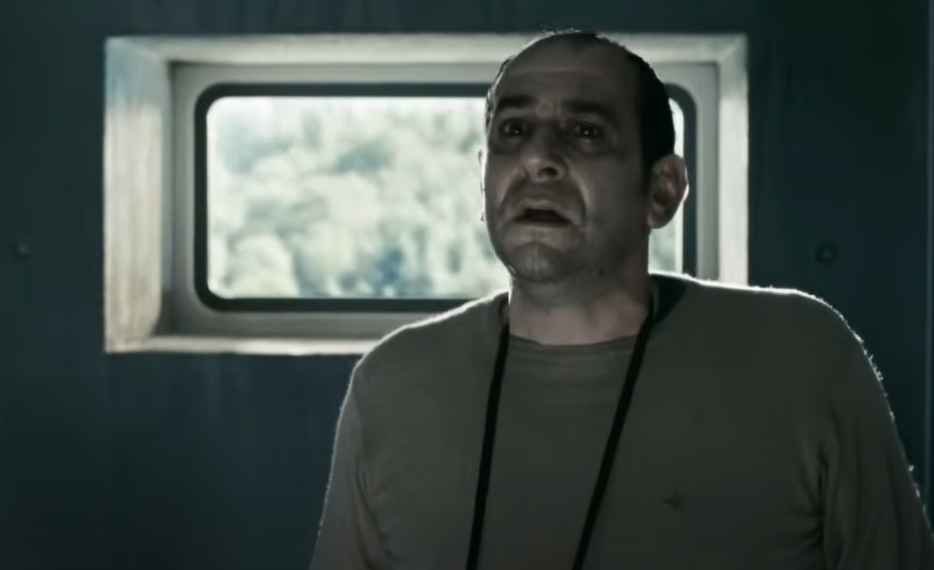 Karbo Vantas Entertainment, Timecrimes (2007)
Karbo Vantas Entertainment, Timecrimes (2007)
"Primer" (2004)
The indie darling of time travel movies, Primer is notoriously complex. With its engineering-level detail and overlapping timelines, you might need a flowchart to follow it. But that’s part of the fun—its commitment to realism makes it one of the most respected entries in the genre.
"Source Code" (2011)
Jake Gyllenhaal plays a soldier reliving the same eight minutes on a train over and over to prevent a bombing. The rules are simple, the stakes are high, and the ending lands with emotional punch. Time travel as both thriller and character study—it just works.
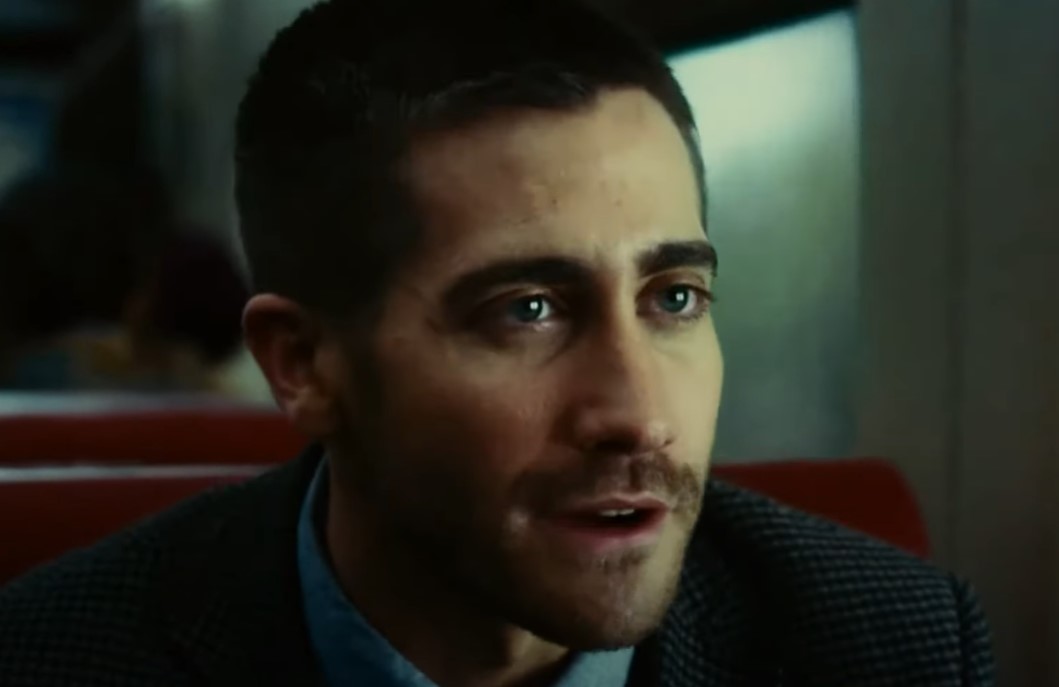 Vendome Pictures, Source Code (2011)
Vendome Pictures, Source Code (2011)
"The Time Machine" (1960)
Based on H.G. Wells’s classic, this early adaptation keeps things straightforward. A Victorian inventor literally travels forward in time, exploring human evolution. The effects are dated, but the concept is timeless, proving you don’t need paradoxes to make a good time travel story.
"Time After Time" (1979)
Here, H.G. Wells himself chases Jack the Ripper through time. The mix of history, romance, and thriller elements works surprisingly well, and the rules of travel are consistent. It’s both pulpy and clever—a charming relic of late-‘70s sci-fi.
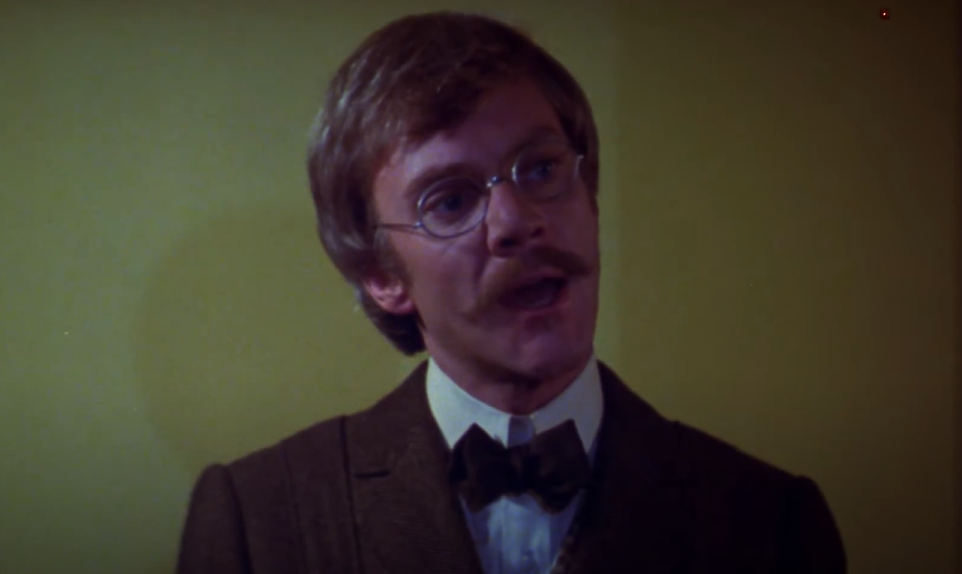 Warner Bros., Time After Time (1979)
Warner Bros., Time After Time (1979)
"The Butterfly Effect" (2004)
An oft overlooked film—The Butterfly Effect uses time travel as a metaphor (for trauma and regret). Ashton Kutcher’s character tries to rewrite his past, but only makes things worse. While it is melodramatic at times, the cause-and-consequence framework really does hold together surprisingly well.
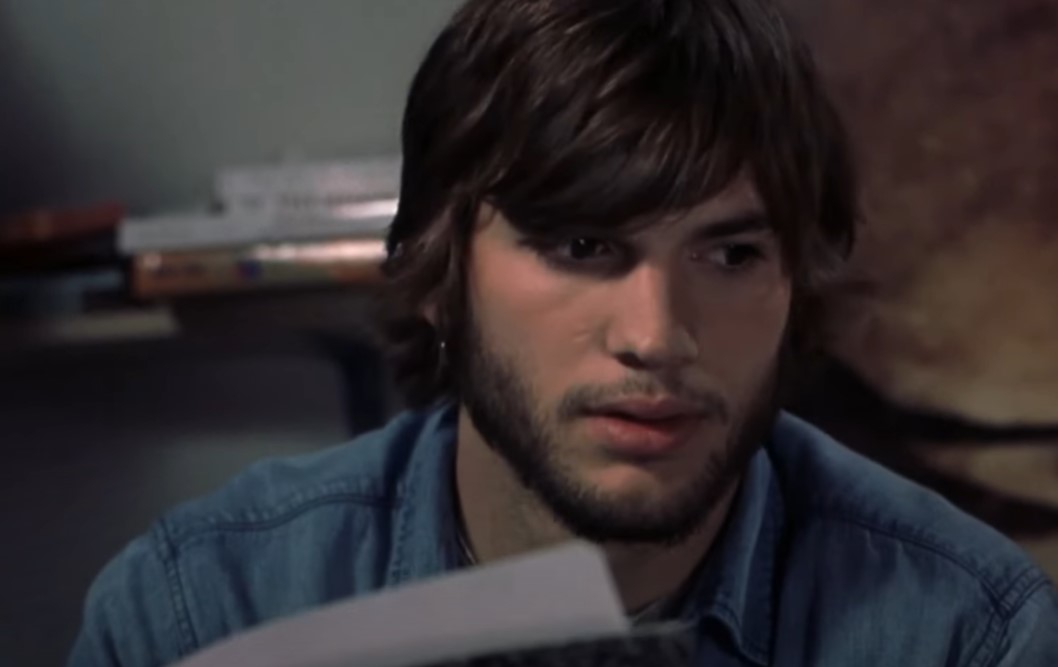 BenderSpink, The Butterfly Effect (2004)
BenderSpink, The Butterfly Effect (2004)
"Bill & Ted’s Excellent Adventure" (1989)
It may be a stoner comedy, but Bill & Ted plays fair with its logic. Future versions of themselves leave clues for their past selves, creating a loop that works out just right. Silly as it is, the film sticks to its own goofy rules—and that’s why it works.
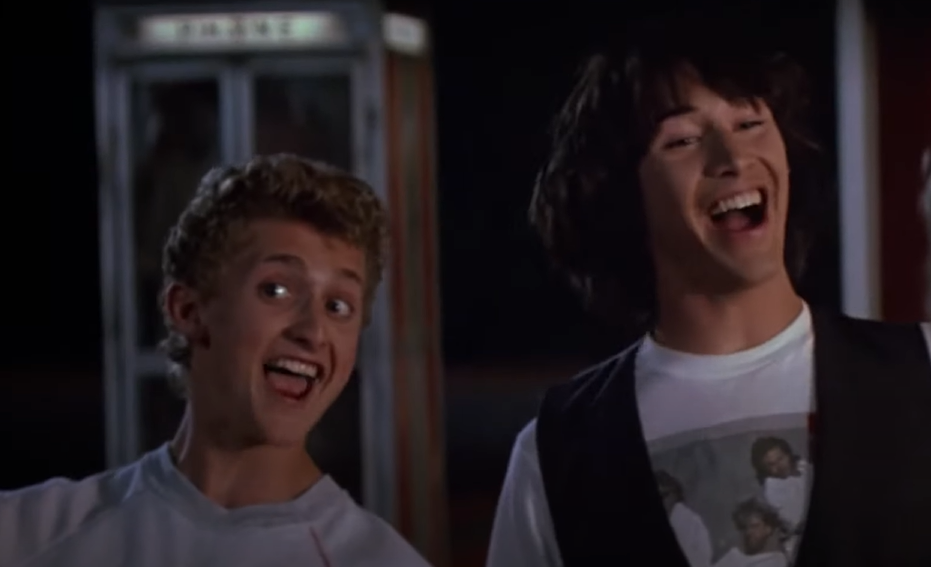 DEG, Bill & Ted’s Excellent Adventure (1989)
DEG, Bill & Ted’s Excellent Adventure (1989)
"Bill & Ted’s Bogus Journey" (1991)
Even wilder than the first, the sequel dives into afterlife hijinks but still honors the original’s looping logic. The time-travel payoff in the finale is smart enough to be satisfying, even if the rest of the film leans heavily into absurdity.
 Orion Pictures, Bill & Ted’s Bogus Journey (1991)
Orion Pictures, Bill & Ted’s Bogus Journey (1991)
"Déjà Vu" (2006)
This Tony Scott thriller with Denzel Washington mixes surveillance tech with time bending. The rules are a little fuzzy, but the central conceit—that you can look into the past, and maybe step into it—feels grounded enough to carry the suspense. It’s slick and entertaining.
 Buena Vista Pictures, Deja Vu (2006)
Buena Vista Pictures, Deja Vu (2006)
"The Girl Who Leapt Through Time" (2006)
This Japanese anime film is a heartfelt take on youthful mistakes and second chances. The rules are simple: leap back, fix something, deal with the fallout. The emotional resonance makes it one of the most beloved time travel stories in animation.
 Kadokawa Pictures, The Girl Who Leapt Through Time (2006)
Kadokawa Pictures, The Girl Who Leapt Through Time (2006)
"About Time" (2013)
Richard Curtis takes time travel out of sci-fi and into the rom-com. The rules are simple—men in one family can revisit their own past—and they stay consistent. It’s a sweet, life-affirming story that shows time travel doesn’t have to be about paradoxes to make sense.
"Donnie Darko" (2001)
A cult favorite, Donnie Darko mixes teen angst with quantum mechanics. The “tangent universe” concept is dense, but it’s internally consistent. Fans still debate the details, but the film earns its place as one of the most compelling time travel puzzles of the 2000s.
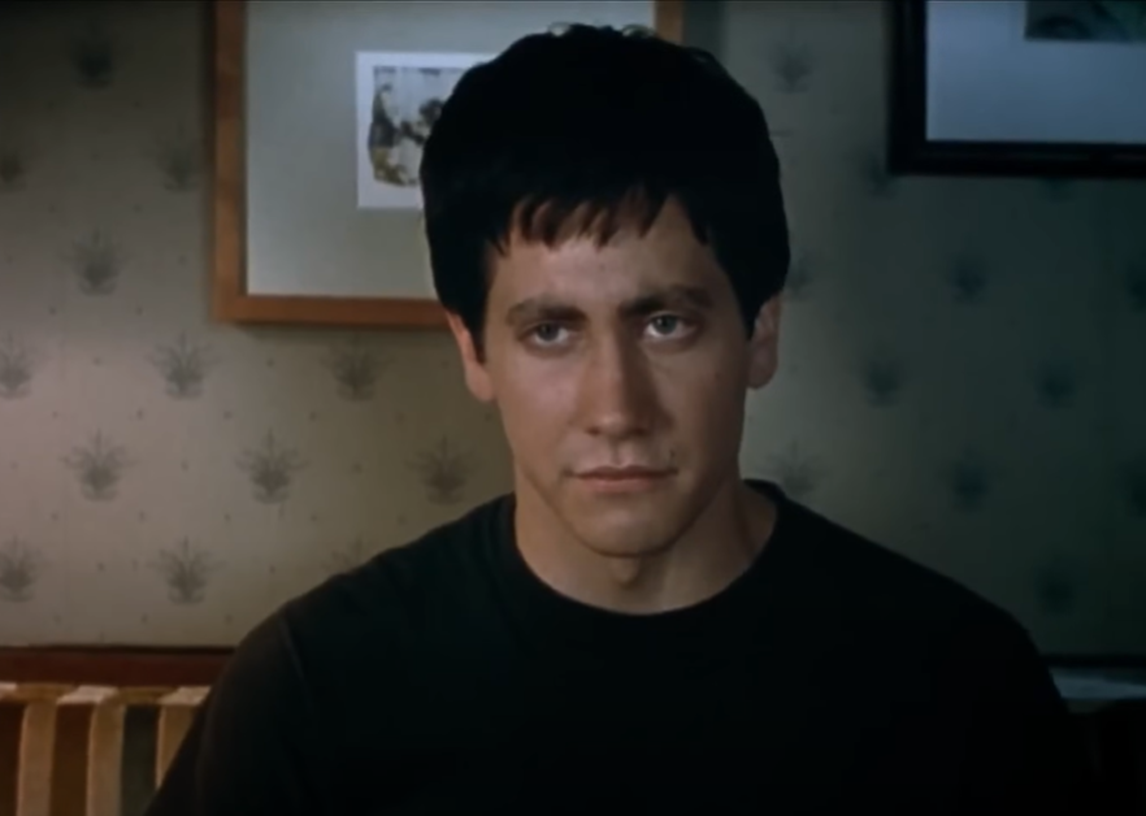 Adam Fields Productions, Donnie Darko (2001)
Adam Fields Productions, Donnie Darko (2001)
"Tenet" (2020)
Christopher Nolan’s Tenet introduces “inversion” rather than traditional time travel, where people and objects move backward through time. The palindromic structure is dizzying, but it holds if you pay attention. Whether you find it genius or exhausting, it’s undeniably a unique spin on the genre.
"The Lake House" (2006)
Yes, it’s a Keanu Reeves/Sandra Bullock romance, but the movie’s “mailbox across time” device is surprisingly well-executed. The rules are clear—letters can cross years, but not people—and it plays out in a way that’s surprisingly touching.
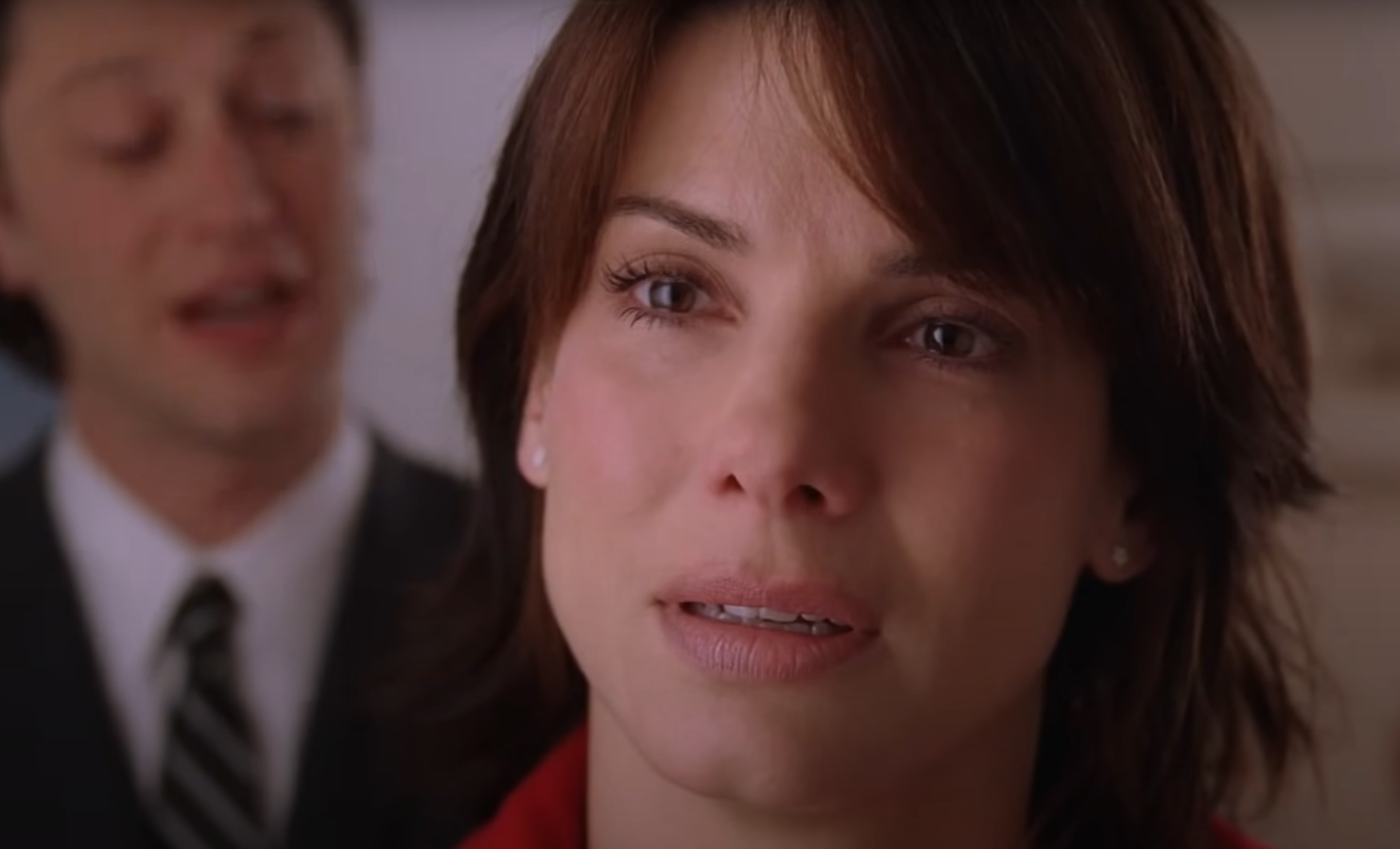 Warner Bros., The Lake House (2006)
Warner Bros., The Lake House (2006)
"Avengers: Endgame" (2019)
Marvel leaned into the “time heist” concept, creating a set of rules that separated it from the Back to the Future model. Alternate timelines, branch realities, and no erasing the past—it’s messy but surprisingly coherent for a superhero romp spanning decades of continuity.
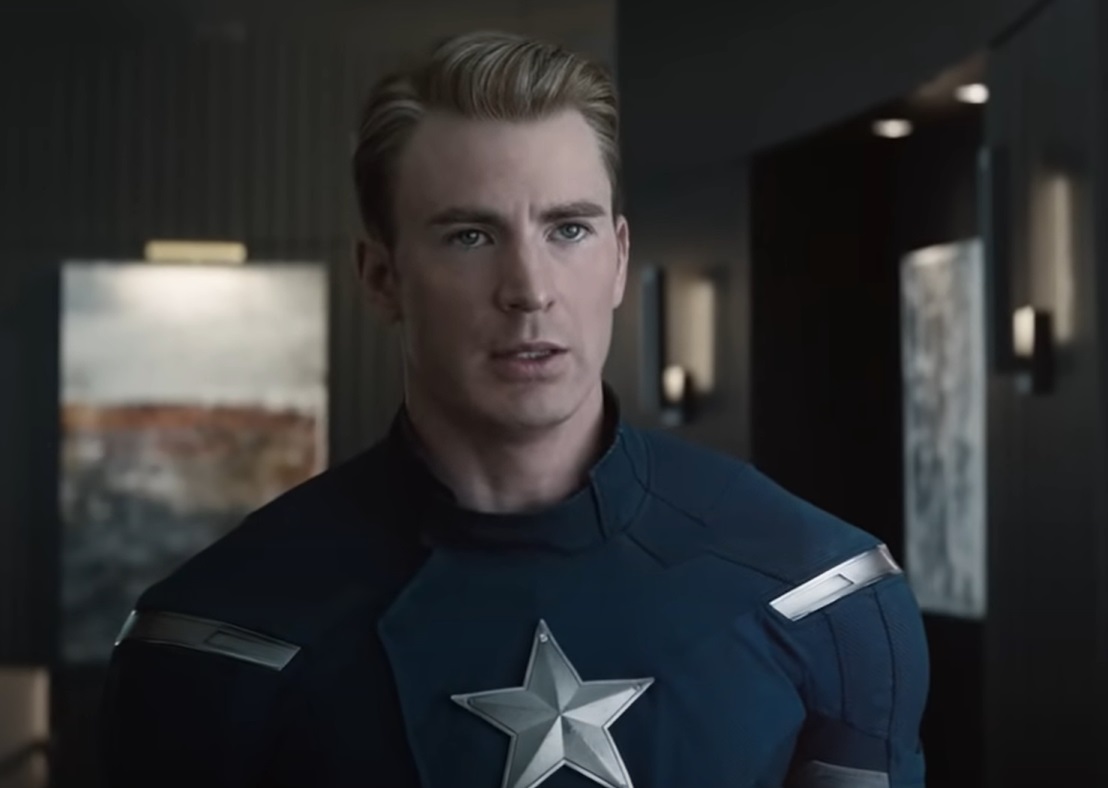 Marvel, Avengers: Endgame (2019)
Marvel, Avengers: Endgame (2019)
"Groundhog Day" (1993)
Okay, it’s not strictly time travel, but the looping mechanic makes it one of the best. The rules are consistent—Phil wakes up to the same day no matter what—and the payoff is deeply satisfying. It set the gold standard for time-loop storytelling.
And now for a few good ones that DON’T make sense (but we love them anyway)...
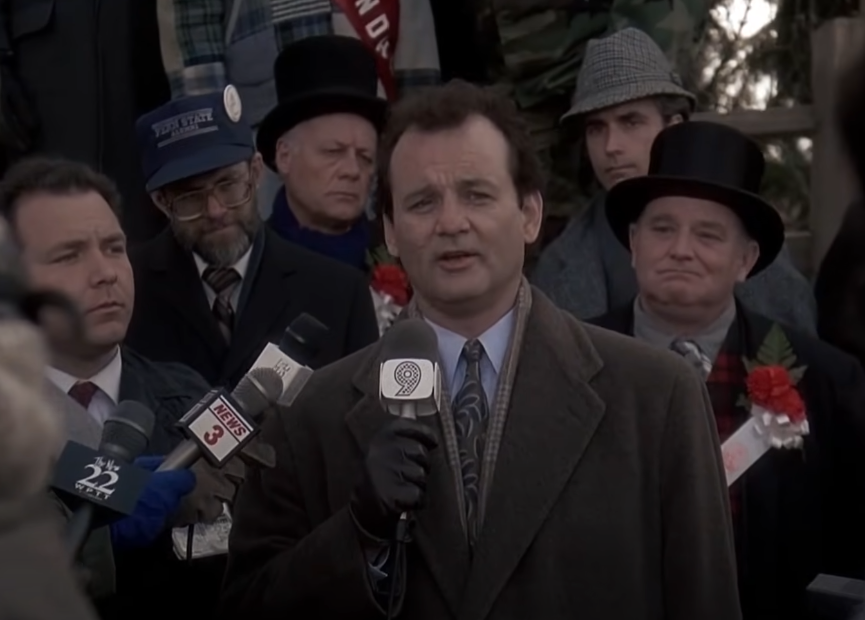 Columbia, Groundhog Day (1993)
Columbia, Groundhog Day (1993)
"Hot Tub Time Machine" (2010)
The title says it all. Four friends drunkenly fall into a hot tub and land in the 1980s. The movie gleefully ignores paradoxes, butterfly effects, and logic—and it doesn’t matter. It’s pure comedy, and sometimes that’s enough.
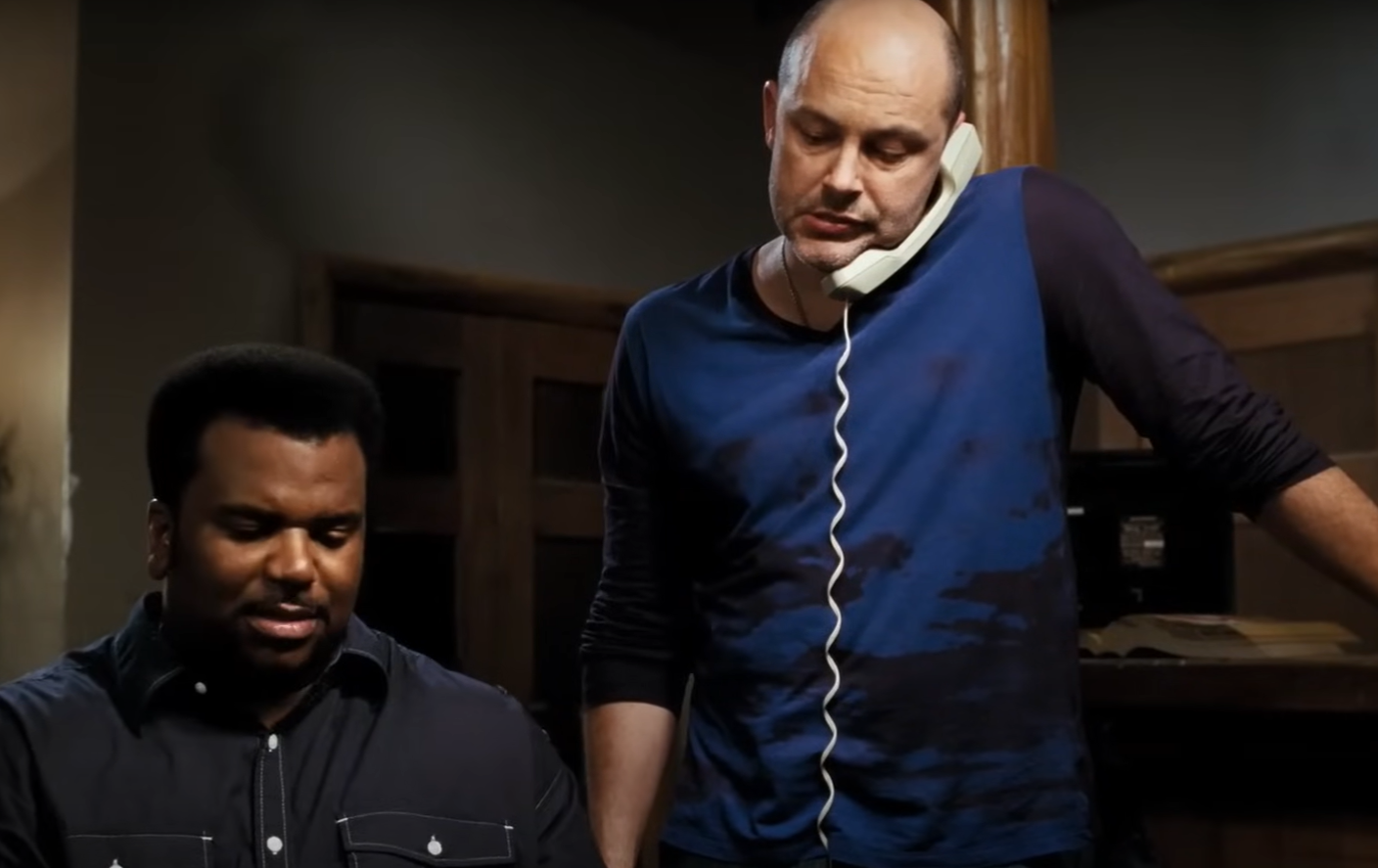 MGM, Hot Tub Time Machine (2010)
MGM, Hot Tub Time Machine (2010)
"Frequency" (2000)
A ham radio lets a son talk to his father 30 years in the past. Cool idea, shaky execution. The changes ripple inconsistently, and the logic often contradicts itself. Still, it’s an emotional story that works better as family drama than as time travel science.
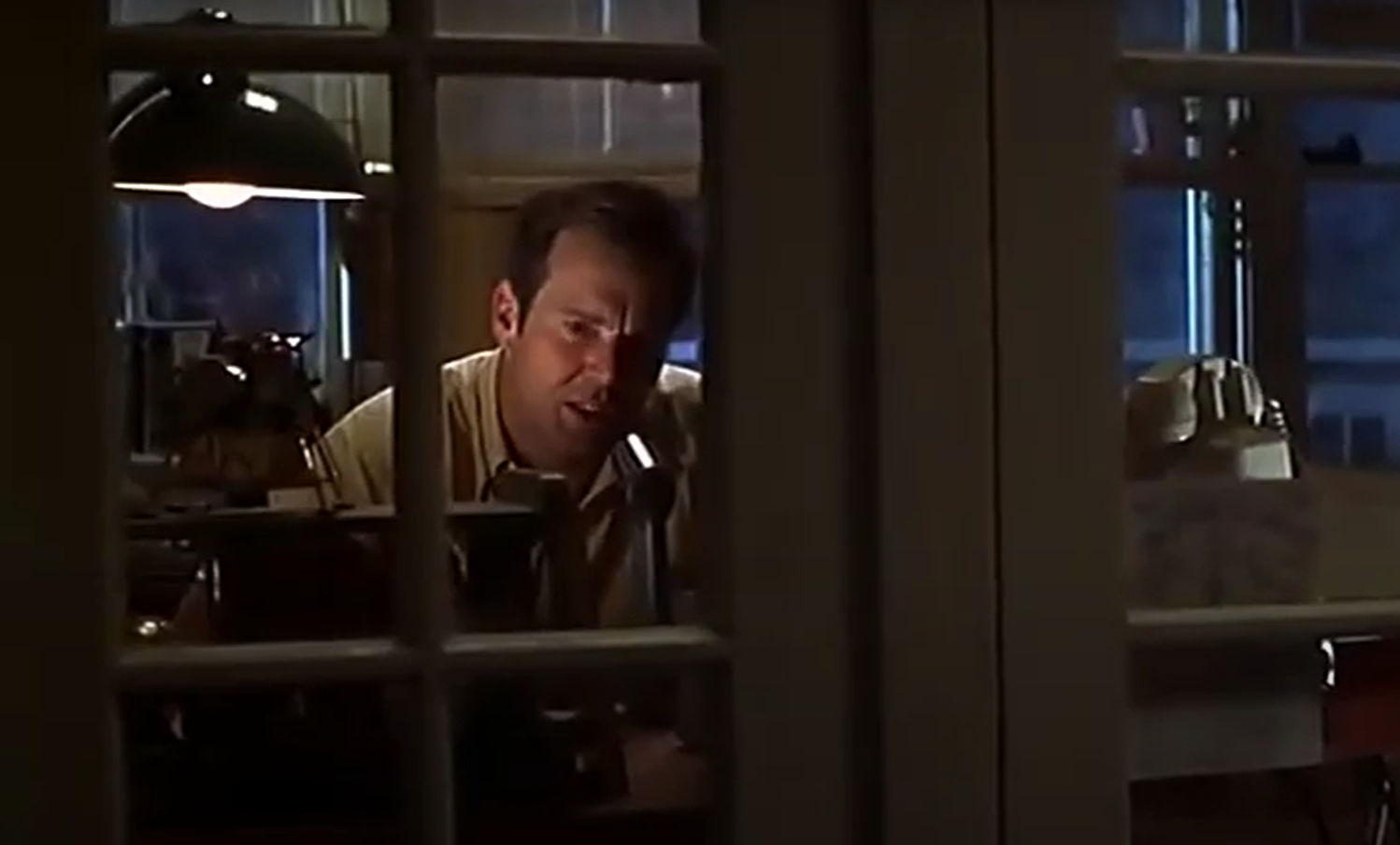 New Line Cinema, Frequency (2000)
New Line Cinema, Frequency (2000)
"Timecop" (1994)
Jean-Claude Van Damme kicks his way through temporal crime—but the rules are all over the place. People can meet their past selves, but sometimes it matters and sometimes it doesn’t. The action is fun, but don’t bother looking for consistency.
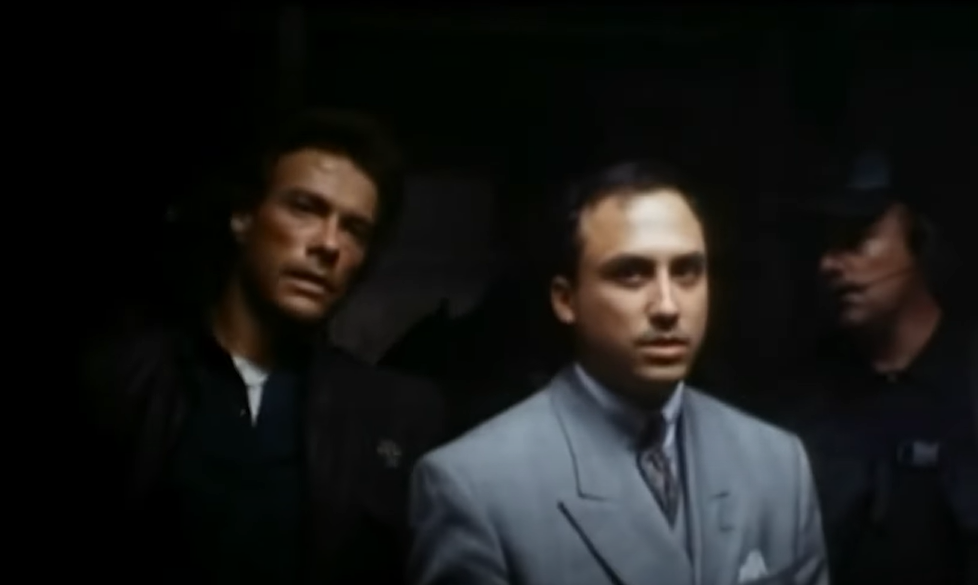 Largo Entertainment, Timecop (1994)
Largo Entertainment, Timecop (1994)
"The Butterfly Effect 2" (2006)
Unlike the first film, this sequel completely abandons its own logic. Time jumps happen with no clear cause, and the ripple effects are wildly inconsistent. Still, it’s a guilty-pleasure watch if you just want melodrama with a sci-fi twist.
 New Line Home Entertainment, The Butterfly Effect 2 (2006)
New Line Home Entertainment, The Butterfly Effect 2 (2006)
You Might Also Like:
Cringe Moments That Nearly Ruined Great Films
The Most Perfectly Executed Movie Montages In Film History

